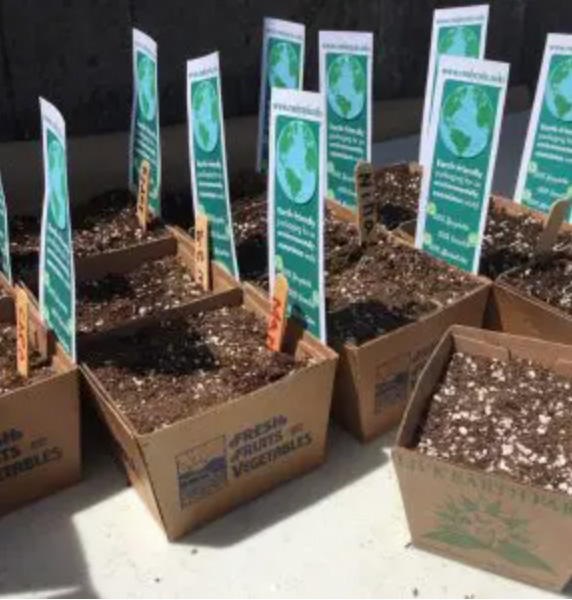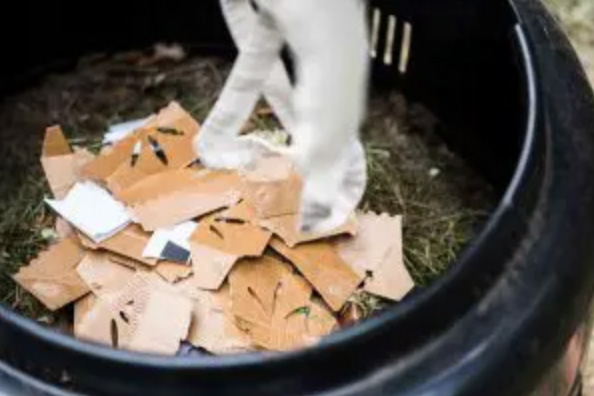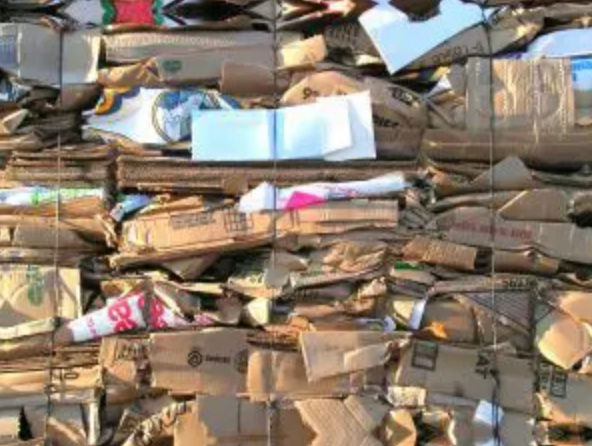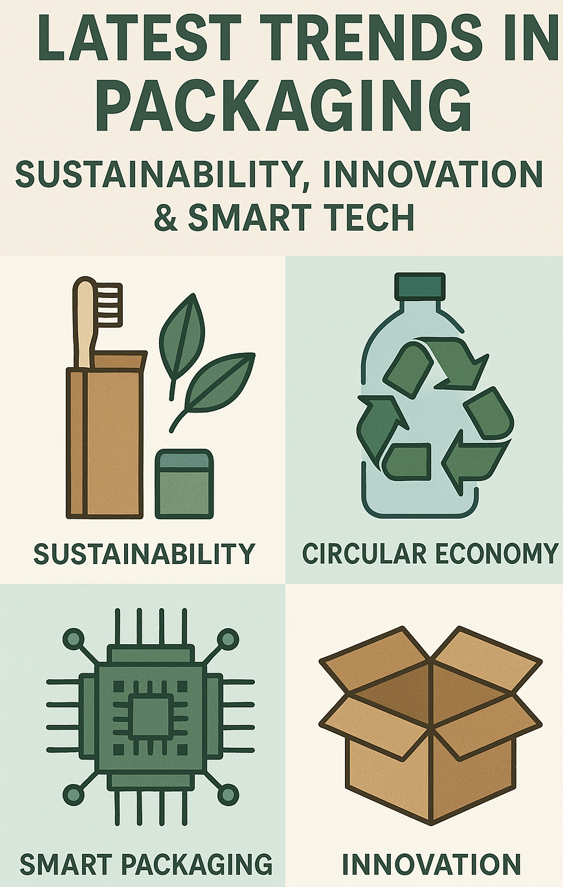
Reuse It – Give our baskets a second life by using them for grocery shopping, farmer's market trips, car organization to prevent groceries from rolling around, or for organizing spaces in your house or garage. ReadyCycle baskets are also ideal for kickstarting your garden beds – unfold our produce boxes or hand-fold trays for effective weed control. Alternatively, repurpose ReadyCycle baskets for seed starting.
Recycle It – Place the used baskets in your curbside collection bins. Once collected, they will be sent to a Material Recovery Facility (MRF) or recycling center for sorting into market-available recycling streams. The Old Corrugated Cardboard (OCC) recycling stream is well-established both domestically and internationally. Collected, sorted, and baled corrugated cardboard is shipped to markets where it's reused in various applications, including new packaging.
Compost It – Plain unwaxed cardboard, including our ReadyCycle sustainable packaging with an aqueous-based coating, as well as produce boxes and trays, can be composted as part of the brown layer in composting practices. The brown layer, consisting of cardboard, paper, shredded paper, dried leaves, and plant material, complements the green layer, which includes food scraps and live plant materials. To expedite the breakdown process during composting, tear larger pieces of cardboard into smaller sections.
While the end-of-life cycle for most packaging isn't perfect, exploring options like the ones mentioned above offers a more sustainable approach. By making informed choices and encouraging others in your family, household, neighbors, and friends to understand these cardboard produce packaging alternatives, we can contribute to a more eco-conscious lifestyle.

Despite the prevalence of massive "garbage islands," particularly those formed by plastic waste in our oceans, the challenge of reducing plastic reliance persists. Plastic, with its slow decomposition rate of up to a thousand years, remains deeply ingrained in our society. Extricating ourselves from this dependence on plastic will undoubtedly be a challenging process.







